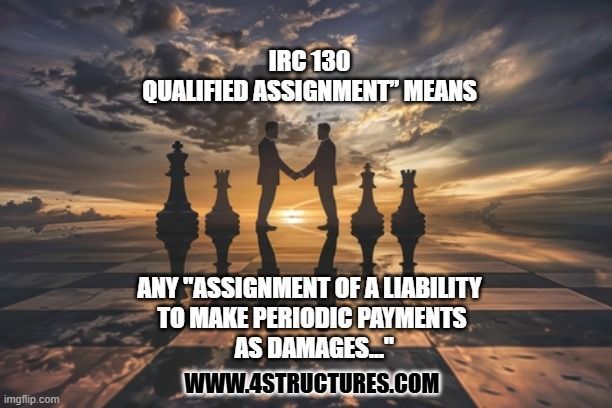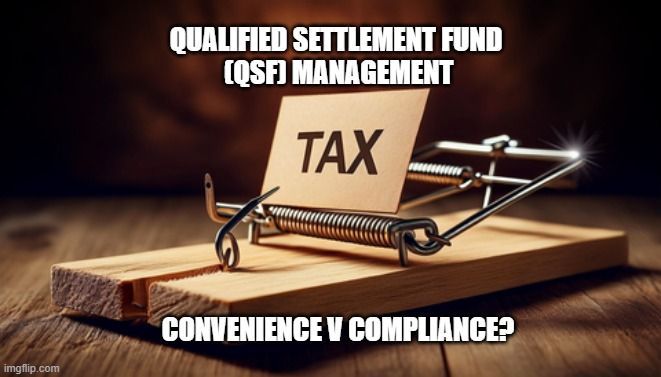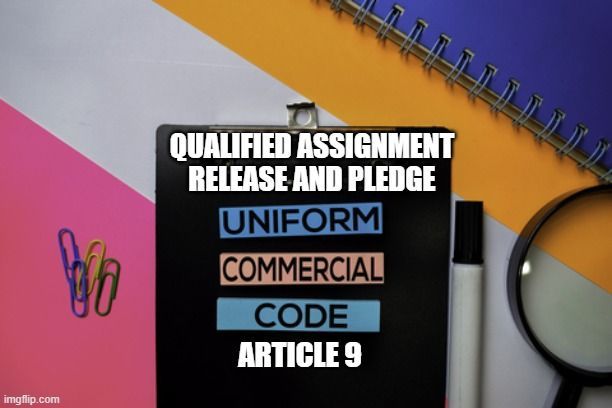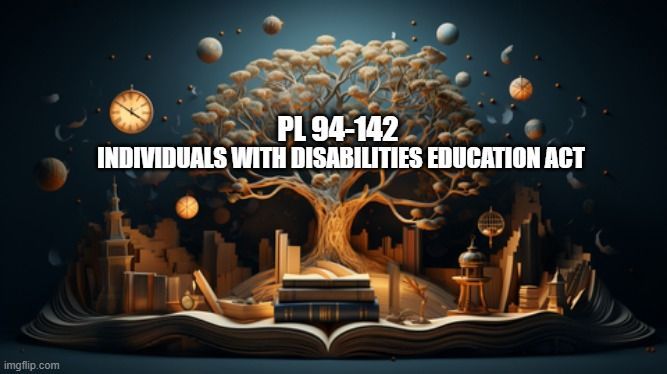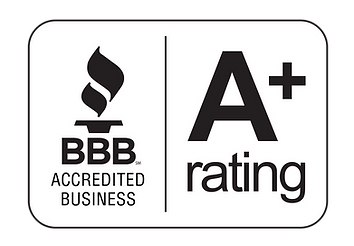Are Structured Settlement Commutation Riders Still Needed?
Fed Estate Tax Exemption raised to $11.2MM per individual | $22.4MM per couple
The Tax Cuts and Jobs Act significantly increases Federal Estate Tax exemptions. With several states exemptions already matching the Federal and other states moving in that direction, does that mean there is no need for a commutation rider with a larger structured settlement? Let's start with a bit of history.
Commutation riders have been used since 1995 to provide liquidity for survivors of structured settlement payees, on
the death of the payee, in order to help pay estate taxes that might be due. Commutation Riders require that the percentage of future payments to be commuted, be stated in advance, which could, in some cases, end up leaving the beneficiaries with
an amount that could be too much or too little.
Then in 2001, the Victims of Terrorism Tax Relief Act brought changes in tax law and structured settlement payees became able to sell/transfer the right to receive future structured settlement payments ("structured settlement payment rights") to the life insurance company that issued the annuity (or a subsidiary), or to a third party factoring company. Instead of determining in advance the percentage to be commuted, the amount can be determined in real time, under a court’s supervision, without risk of adverse tax consequences.
Are Structured Settlement Commutation Riders Still Needed? If So, When?
While the dramatic increase in federal estate tax exemptions as well as state level increases, at least temporarily, reduces the need for commutation riders for estate tax planning, there is a sunset provision in which, absent Congressional action to renew, exemption would reset the exemption to a $5 million base indexed from 2011.
The use of commutation riders for estate planning may also still be a liquidity planning option, where the payee is a non US citizen residing in the USA and thus subject to much lower exemptions than US citizens. The liquidity could also come from prudent settlement planning cash allocation, from a life insurance policy if the payee is insurable, or from factoring the structured settlement payments. Each case should be evaluated on its own merits.
Structured settlement commutations are still needed where there is a Supplemental Needs Trust in New York so that there are funds to pay any Medicaid lien that is built up in the SNT at the death of the trust beneficiary.
Structured settlement commutation riders remain a planning option where, for example the parents of a child who is receiving a structured settlement to pay for damages from a medical malpractice case where, for example, there is a need to assure that funds are needed to pay for custodial care while the child is living (something not typically covered by health insurance), but the parents have no desire to have a stable income stream if the child dies, or wish to donate a sum of money upon the child's death to a foundation, or to re-purpose the funds.
Commutation Riders | Previous Articles by John Darer
Is a Commutation Rider the Fries to the Structured Settlement Burger?
Structured Settlement Commutation Riders FAQ | What You Need to Know


